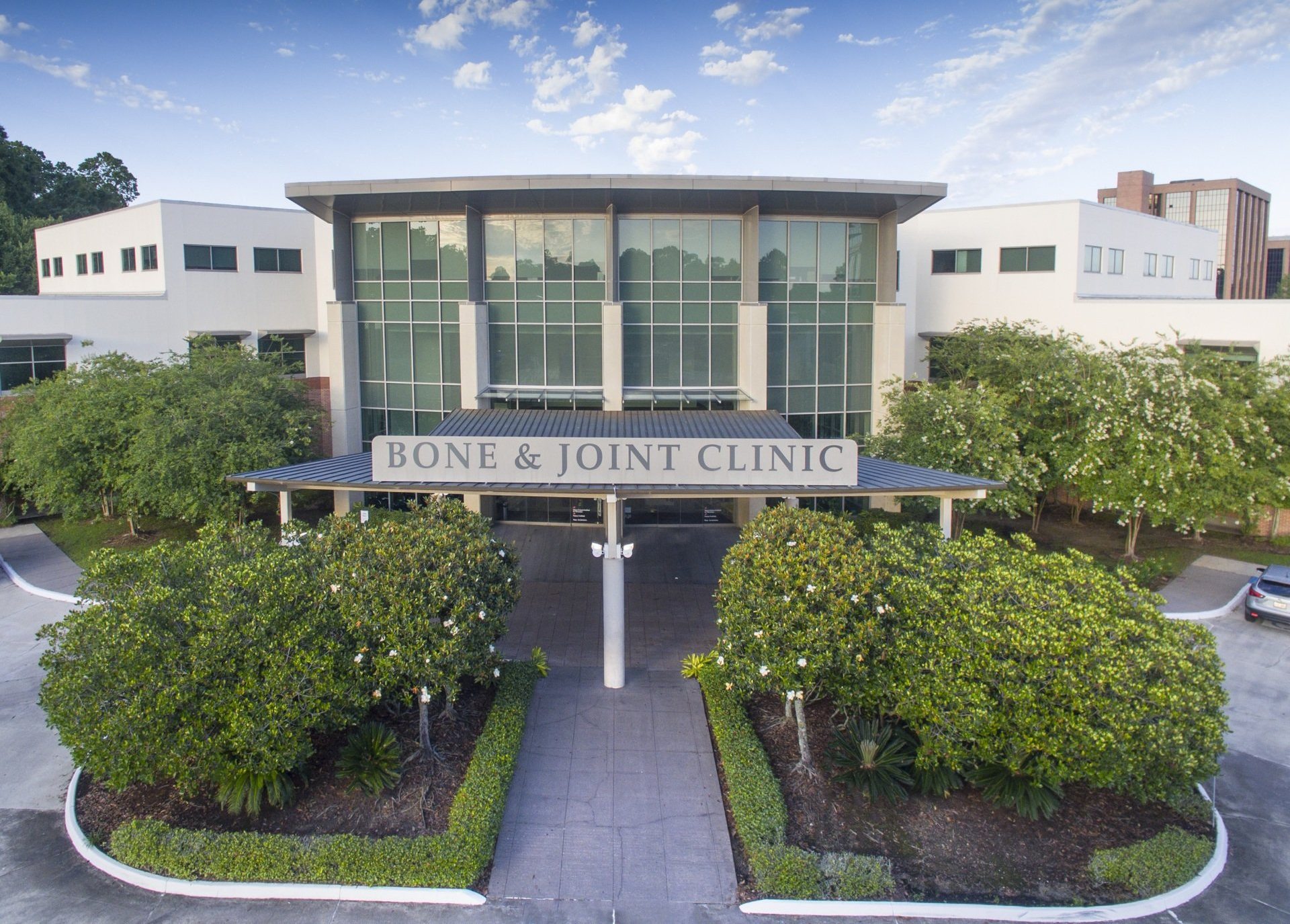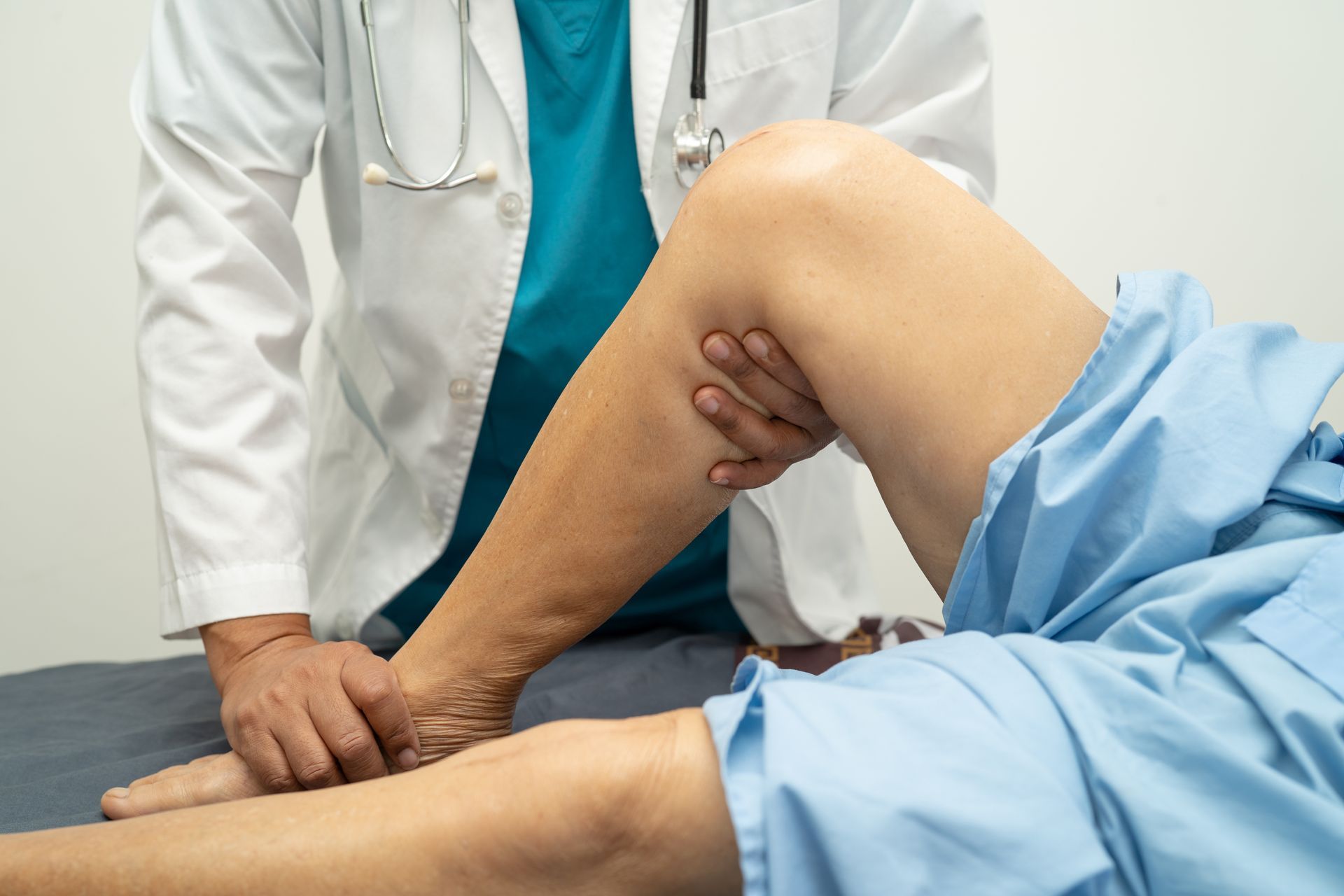Degenerative disc disease is a condition that affects the rubbery discs located between the vertebrae of the spine, causing pain and discomfort for millions of people. A natural occurrence that comes with the aging process, this progressive ailment typically advances through four distinct stages – each presenting its own set of challenges and symptoms.
Stage 1: Dysfunction - Initial Signs of Degenerative Disc Disease
Degenerative disc disease often begins with the dysfunction stage. This stage is marked by minor discomfort, stiffness, and a reduced range of motion. As we age, the intervertebral discs that cushion our spine can begin to weaken and lose their elasticity. This initial dysfunction is often attributed to natural wear and tear on these vital shock absorbers.
At this stage, individuals may notice intermittent pain in the back or neck, which may be aggravated by physical activity or prolonged sitting. Managing symptoms typically involves lifestyle adjustments, including exercise, maintaining a healthy weight, and physical therapy to improve flexibility and strength.
Stage 2: Dehydration - Diminished Disc Effectiveness
During the dehydration stage, the spinal discs lose their moisture content, causing them to become less effective at absorbing shocks and supporting the spine. The loss of hydration can lead to increased pain and stiffness.
Common symptoms at this stage include chronic back pain and occasional numbness or tingling in the extremities. Conservative treatments like heat therapy, anti-inflammatory medications and specialized exercises become important tools for managing symptoms and preventing further deterioration.
Stage 3: Stabilization - Body's Response to Disc Degeneration
In the stabilization stage, the body attempts to counter the effects of disc degeneration by forming bone spurs and increasing the density of the spinal bones. This can lead to the development of spinal stenosis – a condition characterized by the narrowing of the spinal canal, potentially causing nerve compression.
People in this stage may experience more consistent and intense pain, along with muscle weakness and balance problems. Physical therapy, pain management techniques, and bracing can help improve stability and reduce discomfort.
Stage 4: Collapsing - Advanced Degeneration and Height Loss
The final stage of degenerative disc disease is the collapsing stage. In this advanced stage, the intervertebral discs have deteriorated significantly, causing the vertebrae to collapse. This results in a loss of height in the spine and can lead to severe chronic pain and disability.
Treatment options at this stage often involve surgical interventions, such as spinal fusion or artificial disc replacement to stabilize the spine and relieve pressure on nerves. Rehabilitation and pain management are essential components of recovery.
Degenerative Disc Disease in Baton Rouge
Understanding the stages of degenerative disc disease is crucial for early intervention and effective management. If you suspect you have degenerative disc disease or are experiencing symptoms, contact the Bone and Joint Clinic of Baton Rouge to learn how our team of spine specialists can help.




